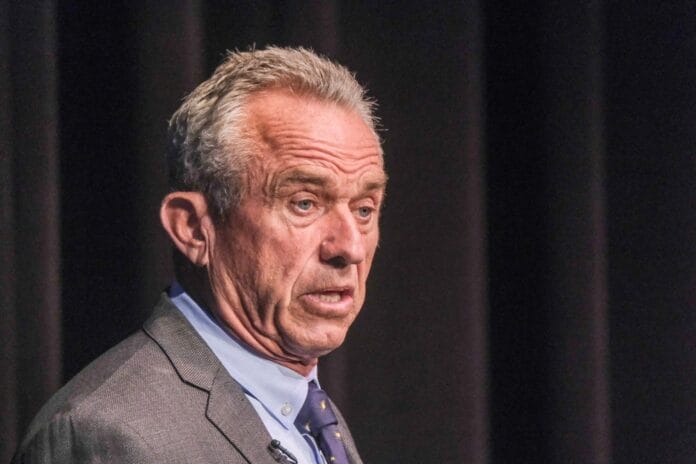It’s done. Robert F. Kennedy Jr. is officially confirmed. The vote? 52-48. Close, but enough.
For weeks, there was noise. Supporters called it a victory for independent thinking. Critics warned it was a mistake. Either way, he’s in. And now, Washington is waiting to see what happens next.
A Split Senate, A Divided Response
No surprise—the confirmation wasn’t smooth. Democrats largely opposed him. They pointed to his past statements on public health, regulatory policies, and government oversight. Even some Republicans weren’t sure where he fit in.
Then there was Mitch McConnell’s vote. No. A clear rejection. Trump? No official comment. That raised questions. Strategic silence? Or something more?
What’s clear is that Kennedy wasn’t an easy pick. And his role? It won’t be easy either.
Where Does He Start?
Kennedy’s never been one to follow the standard political playbook. His arrival in Washington comes with expectations—on both sides.
- Public health? His views on vaccines could bring new debates, maybe even policy shifts.
- Government oversight? He’s been vocal about reducing corporate influence—how far will he push?
- Environment? His legal background suggests he may lean into regulatory changes.
For some, he’s a disruptor in the best way. For others, he’s an unknown factor with too much power.
Washington Is Watching
His confirmation isn’t just about one person—it’s part of a bigger shift. The political landscape is changing. Old alliances aren’t as clear. Outsiders are gaining ground.
The next few months? They’ll set the tone. Will Kennedy follow through on his ideas, or will Washington slow him down?
For now, the spotlight is on him.


